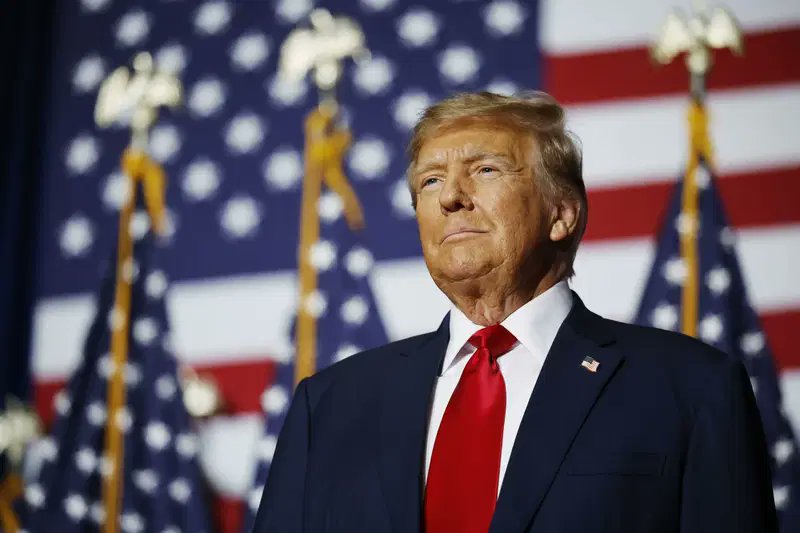
In the wake of Canadian Prime Minister Justin Trudeau’s resignation, U.S. President-elect Donald Trump has reignited discussions about a potential merger between the United States and Canada. Trump suggested that such a union would eliminate tariffs, reduce taxes, and enhance security for Canadians.
Trudeau announced his resignation after more than nine years in office, citing internal party disputes and declining popularity amid economic challenges. He plans to remain in office until the Liberal Party selects a new leader.
Trump’s proposal is not entirely new; he previously floated the idea during a meeting with Trudeau, suggesting that Canada could become the 51st state to avoid U.S. tariffs. While some of these remarks were made in a light-hearted context, Trump’s recent statements indicate a more serious consideration of such expansionist ideas.
The suggestion has sparked a range of reactions, with some viewing it as a strategic move to strengthen economic and security ties, while others see it as an overreach into Canadian sovereignty. As the situation develops, both nations are expected to engage in discussions about the future of their bilateral relationship.




